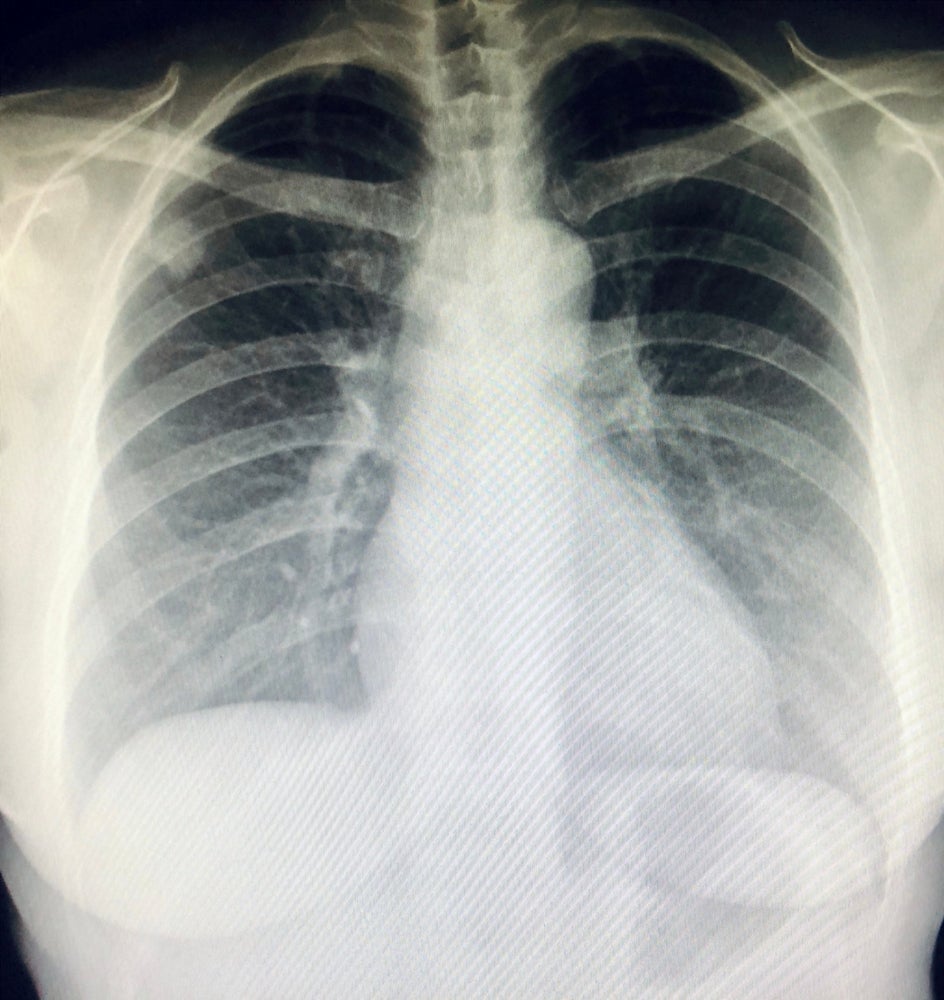Afatinib dimaleate is under clinical development by Boehringer Ingelheim International and currently in Phase II for Refractory Multiple Myeloma. According to GlobalData, Phase II drugs for Refractory Multiple Myeloma have a 35% phase transition success rate (PTSR) indication benchmark for progressing into Phase III. GlobalData’s report assesses how Afatinib dimaleate’s drug-specific PTSR and Likelihood of Approval (LoA) scores compare to the indication benchmarks. Buy the report here.
GlobalData tracks drug-specific phase transition and likelihood of approval scores, in addition to indication benchmarks based off 18 years of historical drug development data. Attributes of the drug, company and its clinical trials play a fundamental role in drug-specific PTSR and likelihood of approval.
Afatinib dimaleate overview
Afatinib dimaleate (Giotrif, Gilotrif, Xovoltib) is a 4-anilinoquinazoline, antineoplastic agent. It is formulated as film coated tablets for oral route of administration. It is indicated for the first-line treatment of patients with metastatic non-small cell lung cancer (NSCLC) whose tumors have epidermal growth factor receptor (EGFR) exon-19 deletions or exon-21 (L858R) substitution mutations as detected by an FDA-approved test, indicated as monotherapy for the treatment of Epidermal Growth Factor Receptor (EGFR) tyrosine kinase inhibitor naïve patients with metastatic (including cytologically proven pleural effusion) adenocarcinoma of the lung with activating EGFR mutation(s). Giotrif is also indicated for the treatment of patients with metastatic squamous NSCLC progressing after platinum-based chemotherapy.
See Also:
Afatinib is under development for the treatment of cutaneous squamous cell carcinoma, advanced refractory lymphoma and multiple myeloma, refractory metastatic urothelial tract carcinoma, uterine cancer, gastric cancer, esophageal cancer and brain cancers like recurrent glioblastoma multiforme, anaplastic astrocytoma, oligodendroglioma, glioblastoma multiforme, anaplastic astrocytoma, anaplastic oligodendroglioma, anaplastic mixed oligoastrocytoma and cholangiocarcinoma. It is also under development for the treatment of Fanconi anemia.
It was under development for the treatment of recurrent malignant glioma, hormone refractory (castration resistant, androgen-independent) prostate cancer, metastatic breast cancer, recurrent or metastatic head and neck cancer including oral cavity cancer, oropharyngeal cancer, hypopharyngeal cancer, laryngeal cancer, HER2 negative metastatic breast cancer, refractory pancreatic adenocarcinoma, low grade gliomas, medulloblastoma, meningiomas, leptomeningeal metastases and chordomas, rhabdomyosarcoma, high-grade glioma, pediatric diffuse intrinsic pontine glioma, ependymoma, medulloblastoma, primitive, neuroectodermal tumor (PNET), low-grade astrocytoma, and neuroblastoma and metastatic colorectal cancer. It is a new chemical entity (NCE).
Boehringer Ingelheim International overview
Boehringer Ingelheim International (Boehringer), a subsidiary of CH Boehringer Sohn AG & Co KG, is a pharmaceutical company that develops, manufactures and markets pharmaceuticals, parasiticides, vaccines and therapeutics for unmet medical needs. It offers a wide range of products including human diseases, animal health care products and biopharmaceuticals. The company’s products are used for the treatment central nervous system disorders, cardiometabolic diseases, respiratory diseases, cancer, immunology, and retinal diseases among others. It also offers animal healthcare products for swine, ruminant, poultry, horses and pets among others. Boehringer is headquartered in Ingelheim, Rheinland-Pfalz, Germany.
For a complete picture of Afatinib dimaleate’s drug-specific PTSR and LoA scores, buy the report here.
Premium Insights
From

The gold standard of business intelligence.
Blending expert knowledge with cutting-edge technology, GlobalData’s unrivalled proprietary data will enable you to decode what’s happening in your market. You can make better informed decisions and gain a future-proof advantage over your competitors.







